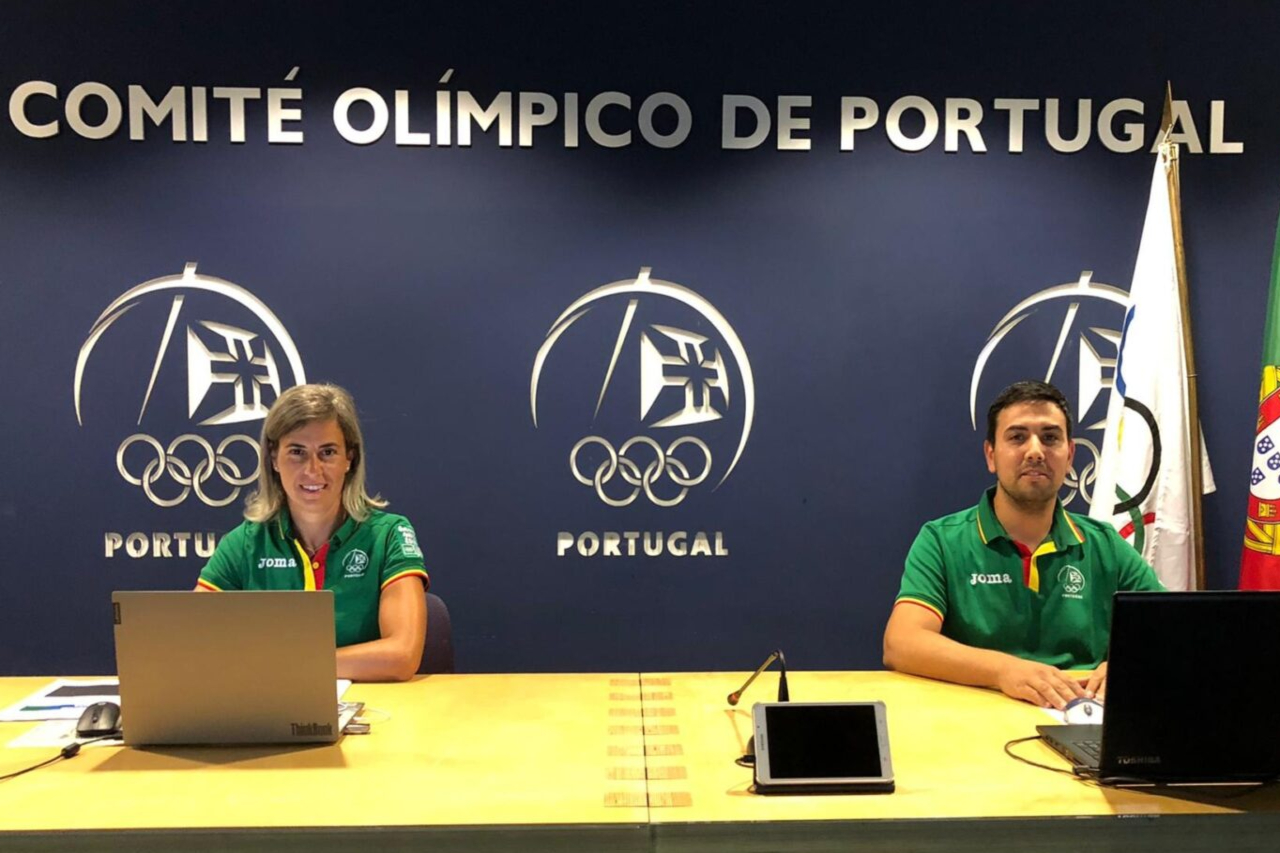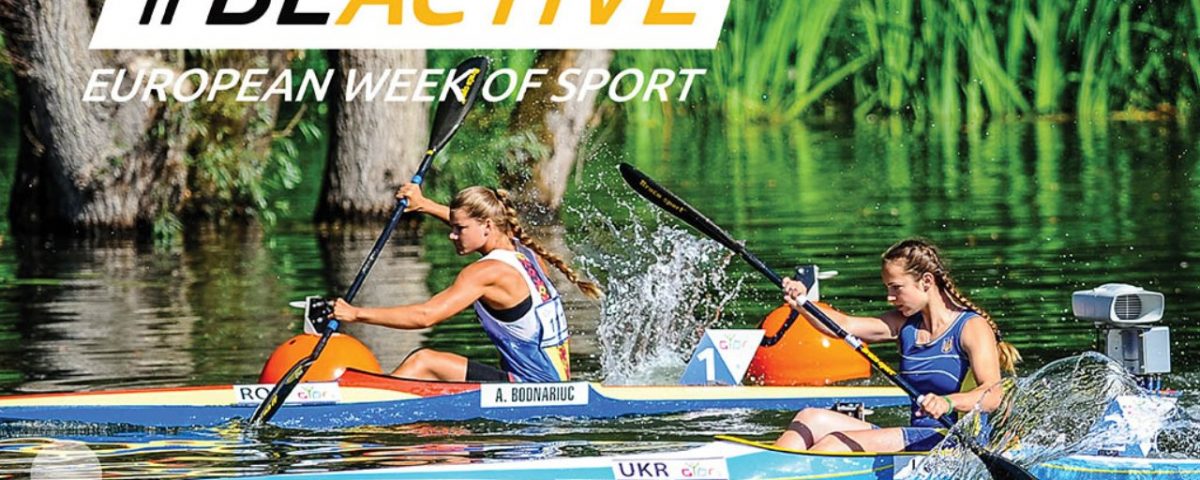
The online presentation of the Portuguese Olympic Committee
September 18, 2020
IOC President, EOC Executive Committee pay last respects to EOC President Kocijančič
September 25, 2020For six years, the European Week of Sport has helped tackle the inactivity crisis by encouraging Europeans to embrace healthy and active lifestyles.
Launched in 2015, the European Week of Sport was created in response to the worsening inactivity crisis. Despite sport and physical activity substantially contributing to the well-being of European citizens, the level of physical activity is currently stagnating and even declining in some countries.
This is why the European Week of Sport exists – to bring awareness of how important an active lifestyle is for everyone. Regardless of who we are and what we do, even slight increases in regular, physical activity can have a profound impact on our long-term health.
The Week has continued to grow year after year, encouraging ever more Europeans to embrace healthy and active lifestyles. From 5 million participants and 7,000 events in 2015, the 2018 edition drew in a staggering 12 million participants across 48,500 events. Last year the European Week of Sport celebrated a record-breaking 16 million Europeans participating in #BeActive activities. Together with the help of our European National Olympic Committees (ENOCs) and athletes, we look to raise the bar even higher this year.
Many ENOCs plan to motivate people in their home countries with a range of activities this year. These include a #BeActiveKids marathon in Lithuania, a #BeActiveNight in Hungary, the designation of a national sports holiday on 23 September in Slovenia, and free trials for sports and fitness clubs in Austria.
Other initiatives are planned in Croatia, Cyprus, Denmark, Finland, France, Ireland, Malta, North Macedonia, Portugal, Spain, Turkiye, the United Kingdom, and many others. We will recap all the activity on the EOC website and in our next newsletter. Be sure to check it out!

